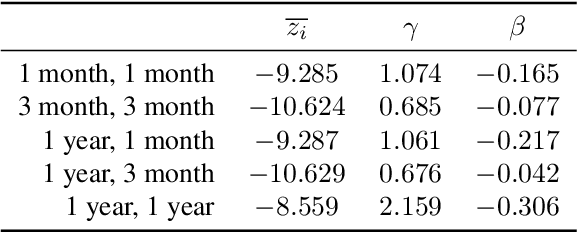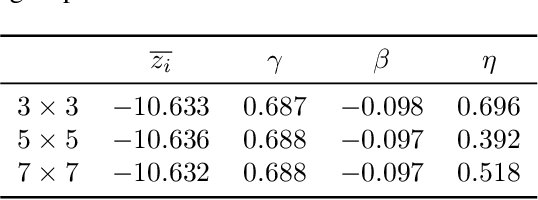Robust Reinforcement Learning Under Minimax Regret for Green Security
Paper and Code
Jun 15, 2021



Green security domains feature defenders who plan patrols in the face of uncertainty about the adversarial behavior of poachers, illegal loggers, and illegal fishers. Importantly, the deterrence effect of patrols on adversaries' future behavior makes patrol planning a sequential decision-making problem. Therefore, we focus on robust sequential patrol planning for green security following the minimax regret criterion, which has not been considered in the literature. We formulate the problem as a game between the defender and nature who controls the parameter values of the adversarial behavior and design an algorithm MIRROR to find a robust policy. MIRROR uses two reinforcement learning-based oracles and solves a restricted game considering limited defender strategies and parameter values. We evaluate MIRROR on real-world poaching data.
 Add to Chrome
Add to Chrome Add to Firefox
Add to Firefox Add to Edge
Add to Edge